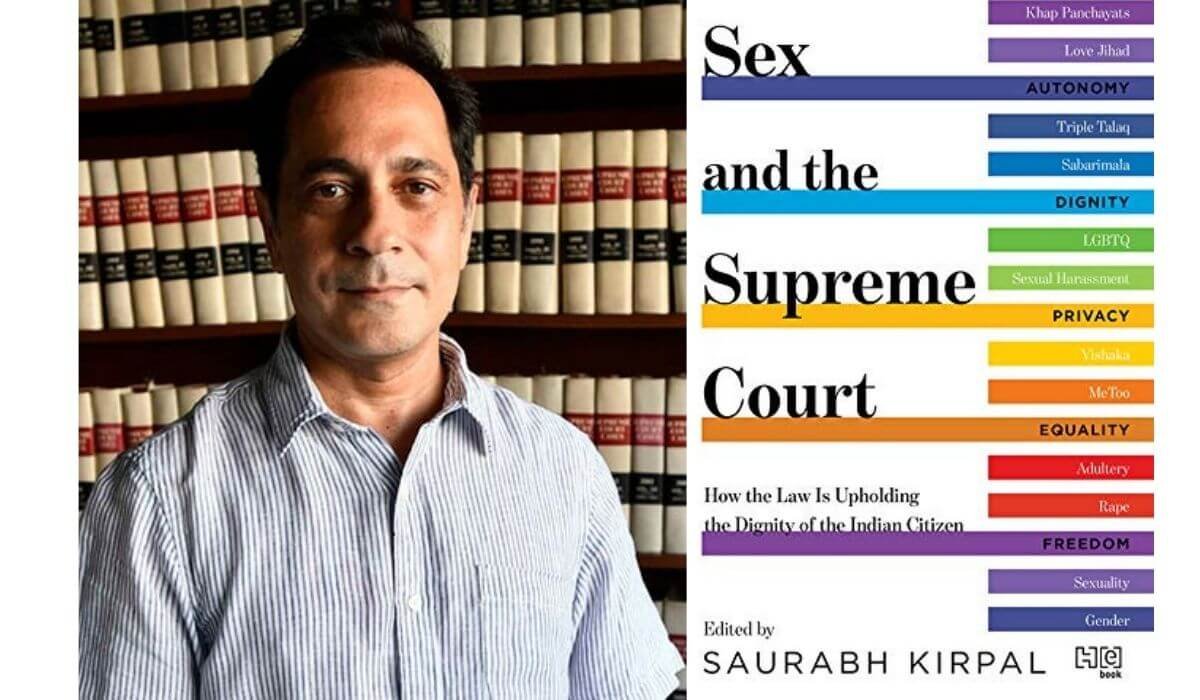“Manzil toh mil hi jayegi, bhatak kar hi sahi,
Gumrah toh woh hai, joh ghar se nikle hi nahi.”•••••
“He woke this morning
Another night of her dreamsHe glanced into the mirror
She’s not real it seemsSociety unknowingly accepts
The image presented
Unaware of the damage
Being self-inflictedHe hides her for fear of rejection
She battles for her reflection.”••••••
The above to poems perfectly describes what one can expect from ‘Sex and The Supreme Court‘ by Saurabh Kirpal which was also longlisted for Bangalore Literature Festival.
Collection of essays from legal luminaries, the book is an invaluable record for posterity- for it reveals the power of the country’s court to uphold the privacy, dignity and safety of it’s citizens.
Kirpal himself had been the counsel for section 377 and therefore the reader can be assured about a first-hand experience from an expert.
It talks about all the commendable verdicts of the court and even the battles that are yet to be fought and conquered. For example, LGBTQ marriages and their right for an insurance, child adoption and every thing that a normal couple can avail.
The best part about the book is that it’s not just limited to Indian laws but also strikes comparison between international laws of the same verdicts.
What makes this book different? Well, the essays are from the petitioners themselves, that gives the reader an understanding about their back story and what led them to fight for their rights. It makes you feel empathetic and gives you a glimpse about their first-hand problems and achievements, something that cannot be presented by a Google search or any other media organisation
It’s a great read even for the one’s who are not well-versed with legal terminologies.
Bits of the brilliance:
• Perhaps our greatest distinction as a species is our capacity, unique among other animals, to make counter-evolutionary choices.
• The optimism of the Beatles who sang “the long and winding road that leads to your door will never disappear” will remain.
About the Author:
After studying physics at St. Stephen’s College in Delhi, Saurabh Kirpal read law at the University of Oxford and did his masters in law at the University of Cambridge. He worked briefly with the United Nations in Geneva before returning to Delhi.
He has been practising law at the Supreme Court for well over two decades and has appeared in a range of matters involving fundamental rights. His clients cross the political and ideological spectrum. He was the counsel for Navtej Johar, Ritu Dalmia and others in the case that led to the striking down of Section 377 of the Indian Penal Code.

